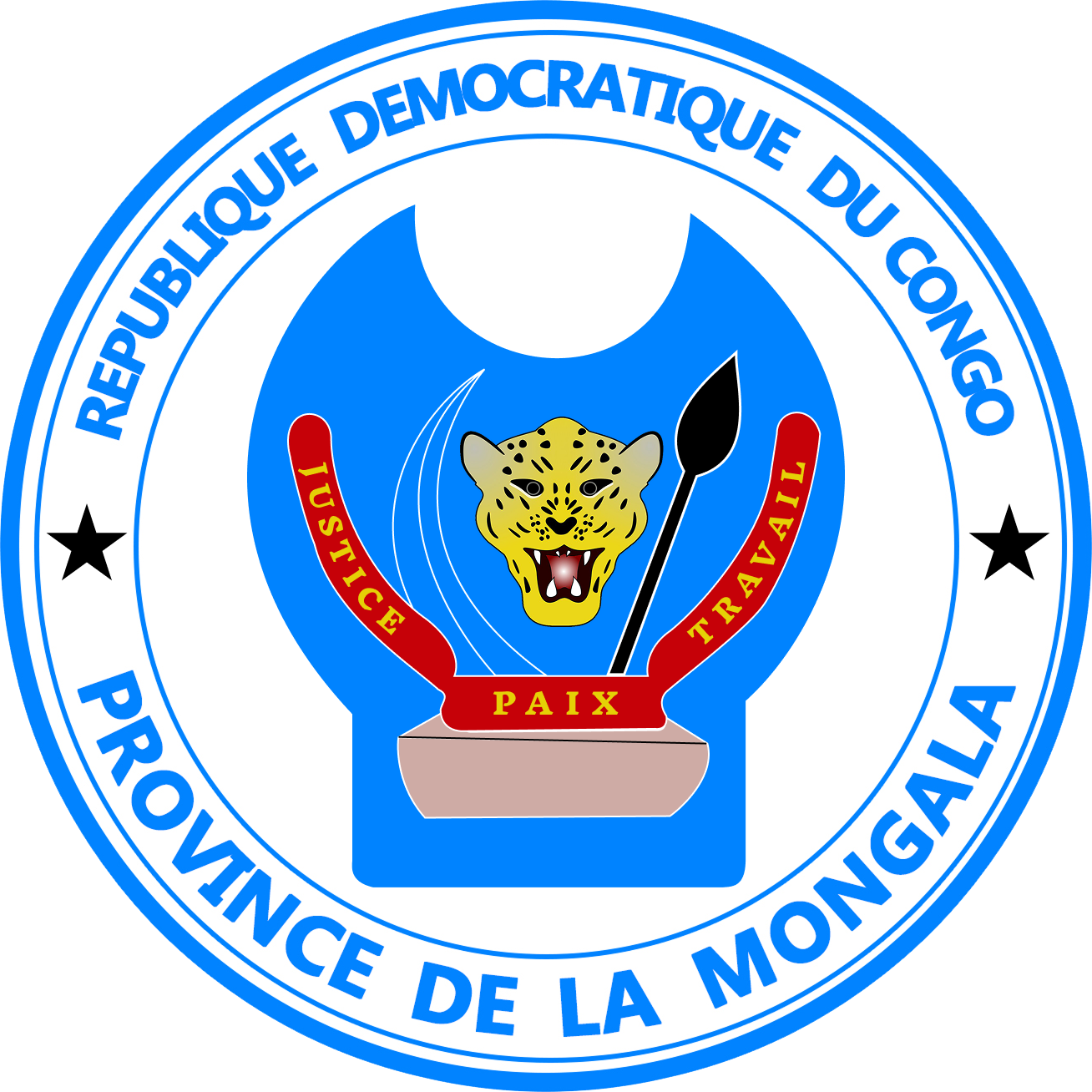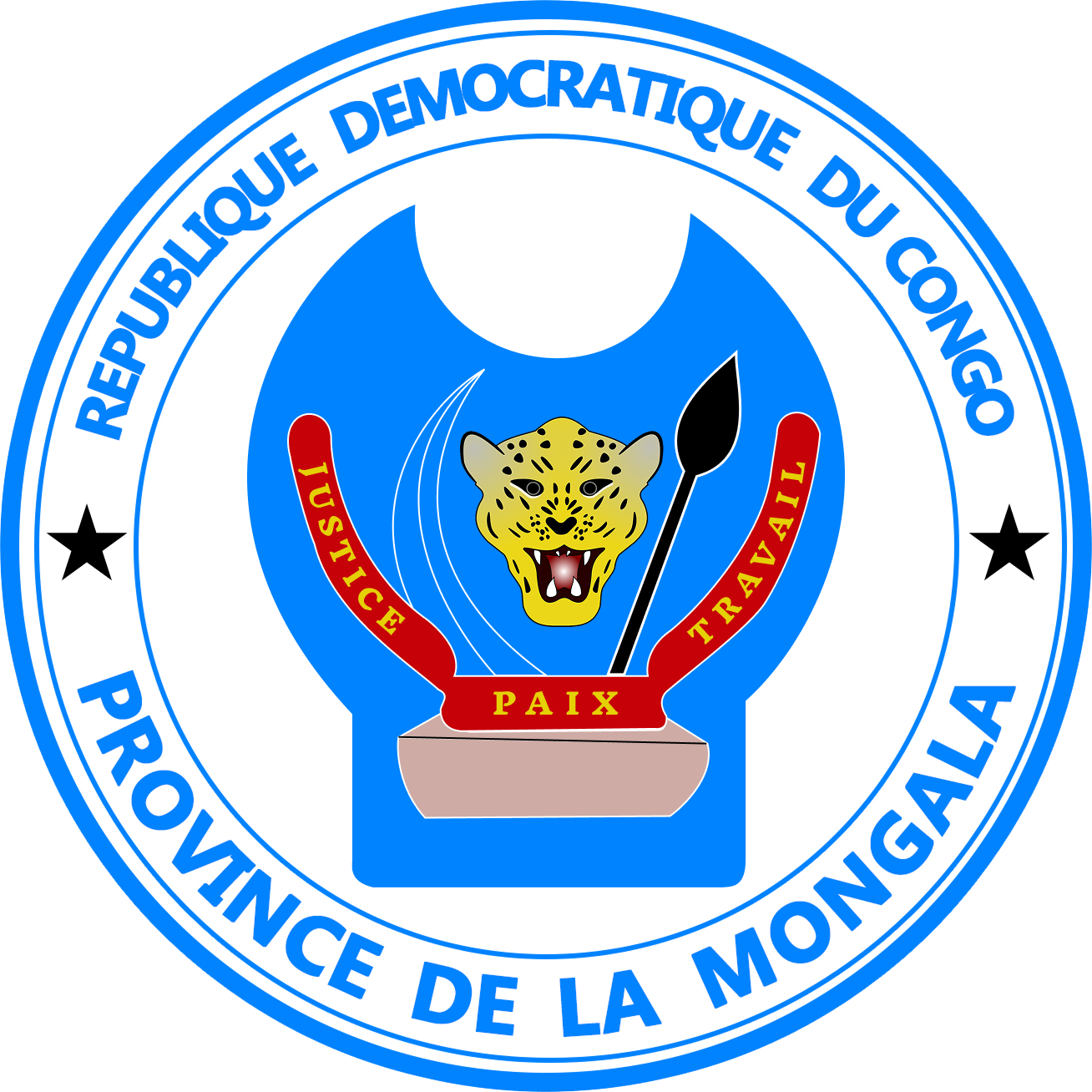🌾 Overview of Agriculture & Fisheries – Mongala Province
Agriculture and fisheries form the backbone of Mongala Province’s economy, providing employment, food security, and revenue for the local population. The province's fertile lands, abundant water resources, and favorable climate make it ideal for crop production, livestock farming, and fishing activities. The government actively promotes sustainable agricultural practices and modern fisheries to enhance productivity and economic growth.
1️⃣ Agriculture in Mongala Province
Agriculture is the largest sector in Mongala Province, contributing significantly to employment, trade, and food supply. The province benefits from vast arable land, high rainfall, and river systems, making it suitable for diverse crops and livestock farming.
🌱 1.1 Key Agricultural Crops
The primary crops cultivated in Mongala Province include:
-
Staple Crops: Maize, cassava, rice, yams, and sweet potatoes.
-
Cash Crops: Coffee, cocoa, oil palm, cotton, and rubber.
-
Vegetables & Fruits: Bananas, pineapples, tomatoes, onions, and leafy greens.
-
Spices & Medicinal Plants: Ginger, garlic, and medicinal herbs for local and commercial use.
🚜 1.2 Livestock Farming
Animal husbandry is an essential part of rural livelihoods. Key livestock include:
-
Cattle – For milk and meat production.
-
Goats & Sheep – Popular among small-scale farmers.
-
Poultry – Chicken, ducks, and turkeys are raised for eggs and meat.
-
Pigs – Important for meat supply and small-scale farming businesses.
🌾 1.3 Farming Techniques & Modernization
To improve agricultural productivity, the government is promoting:
✅ Irrigation Projects – Expanding irrigation systems to reduce dependence on rainfall.
✅ Use of Fertilizers & Improved Seeds – Encouraging high-yield crop varieties.
✅ Mechanized Farming – Promoting tractors, harvesters, and other modern tools.
✅ Agroforestry & Soil Conservation – Preserving soil fertility and preventing deforestation.
💰 1.4 Agricultural Economy & Trade
Mongala's agricultural sector supports:
🔹 Local Markets – Supplying food to towns and neighboring provinces.
🔹 Exports – Cash crops like coffee and cocoa are exported to international markets.
🔹 Government Subsidies – Financial aid and seed distribution programs for farmers.
🔹 Agricultural Cooperatives – Groups that provide shared resources, training, and market access.
2️⃣ Fisheries in Mongala Province
Mongala Province is rich in rivers, lakes, and wetlands, making fishing a vital industry. The fisheries sector provides employment, nutrition, and trade opportunities for local communities.
🎣 2.1 Major Fishing Areas
The primary fishing zones include:
-
Congo River & Its Tributaries – Supporting commercial and subsistence fishing.
-
Lakes & Wetlands – Providing diverse fish species.
-
Aquaculture Farms – Expanding fish production through controlled fish farming.
🐟 2.2 Common Fish Species
Some of the most harvested fish species include:
-
Tilapia – A staple fish for local consumption.
-
Catfish – Popular in traditional and commercial fisheries.
-
Nile Perch – High in demand for both local and export markets.
-
Carp & Other Freshwater Fish – Common in smaller rivers and lakes.
🌊 2.3 Fishing Methods & Equipment
Traditional and modern fishing methods are used, including:
✅ Hand Net & Spear Fishing – Used by small-scale fishermen.
✅ Gill Nets & Traps – Common for large-scale catches.
✅ Motorized & Canoe Fishing – Expanding fishing capacity for deep-water areas.
✅ Aquaculture (Fish Farming) – Growing fish in controlled environments.
📜 2.4 Sustainable Fisheries & Conservation
To prevent overfishing and protect aquatic ecosystems, the government enforces:
-
Fishing Regulations – Seasonal fishing bans and size limits to protect fish populations.
-
Aquaculture Development – Promoting fish farming to reduce pressure on wild fisheries.
-
Anti-Pollution Measures – Controlling industrial and agricultural waste in rivers.
-
Community-Based Fisheries Management – Encouraging local participation in conservation.
3️⃣ Challenges & Government Support
Despite its strengths, the agriculture and fisheries sectors face challenges such as:
🔸 Climate Change Effects – Unpredictable rainfall, droughts, and flooding impact production.
🔸 Pests & Diseases – Affect crops, livestock, and fish populations.
🔸 Limited Infrastructure – Poor roads, storage facilities, and market access hinder growth.
🔸 Financial Constraints – Farmers and fishermen often lack access to credit and insurance.
To address these issues, the Mongala Provincial Government is investing in:
✅ Agricultural Research & Development – Encouraging innovation in farming and fisheries.
✅ Training & Capacity Building – Providing education on modern techniques.
✅ Public-Private Partnerships – Collaborating with businesses for investments.
✅ Infrastructure Development – Building roads, storage facilities, and irrigation systems.
Conclusion
Mongala Province has strong potential to expand its agriculture and fisheries sectors through modernization, sustainability, and strategic investments. With government support, improved technology, and community participation, these industries can drive economic growth, food security, and job creation for the province.


